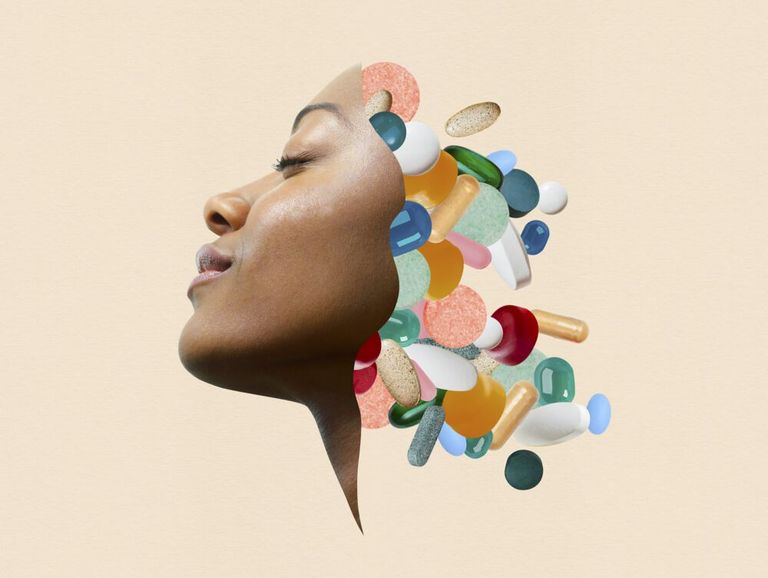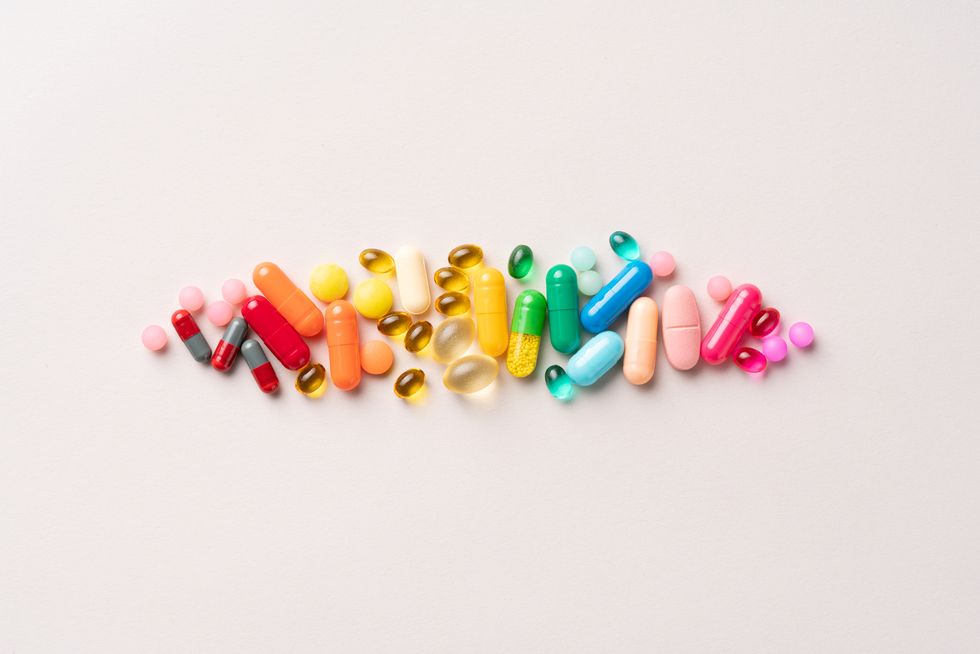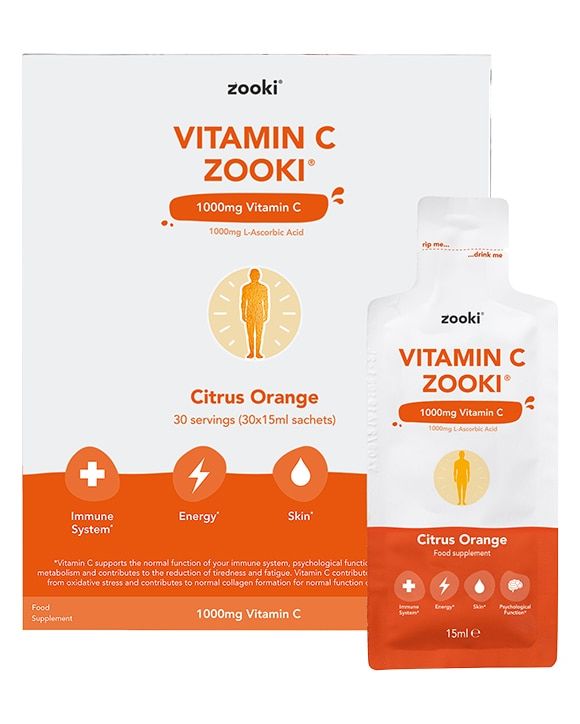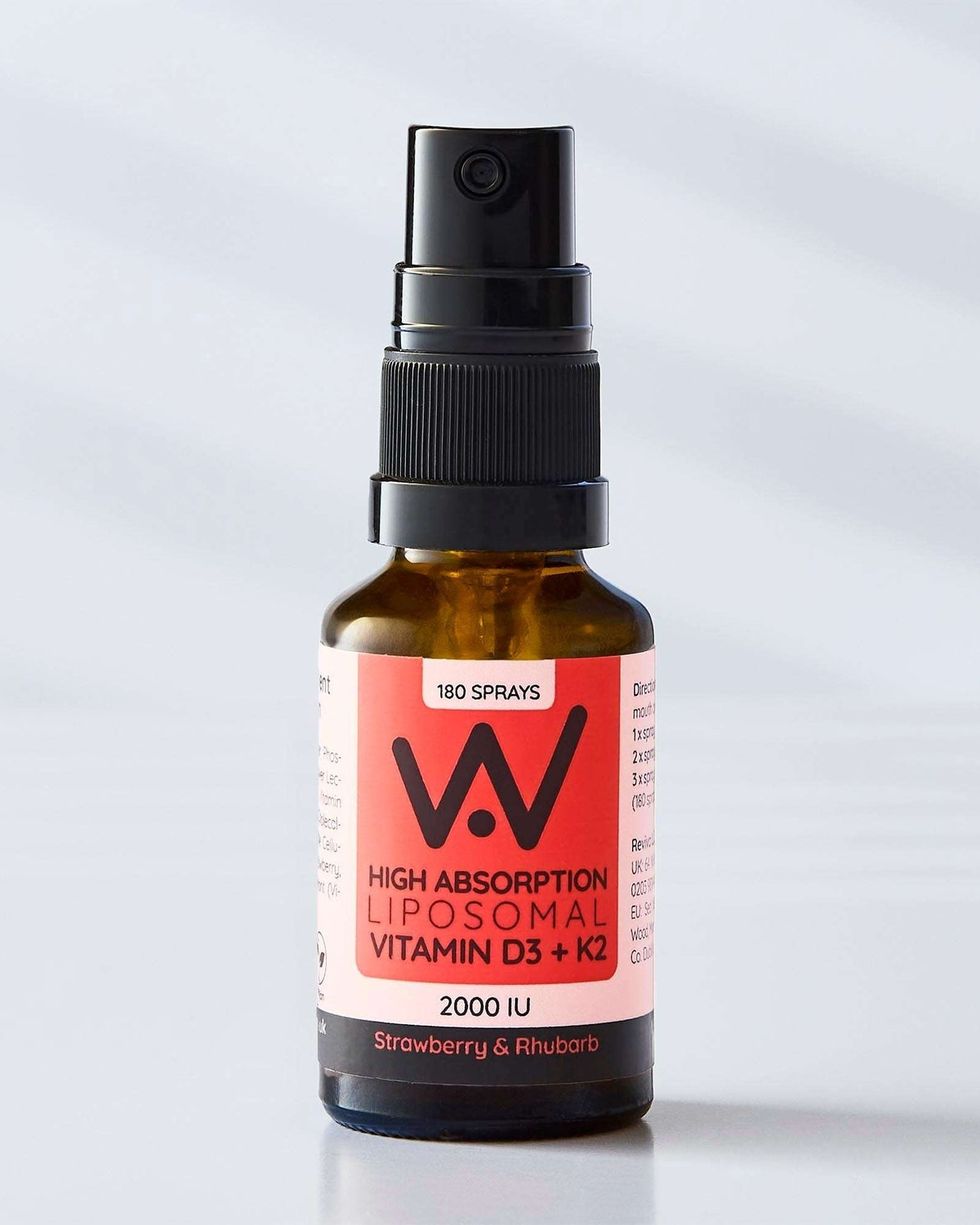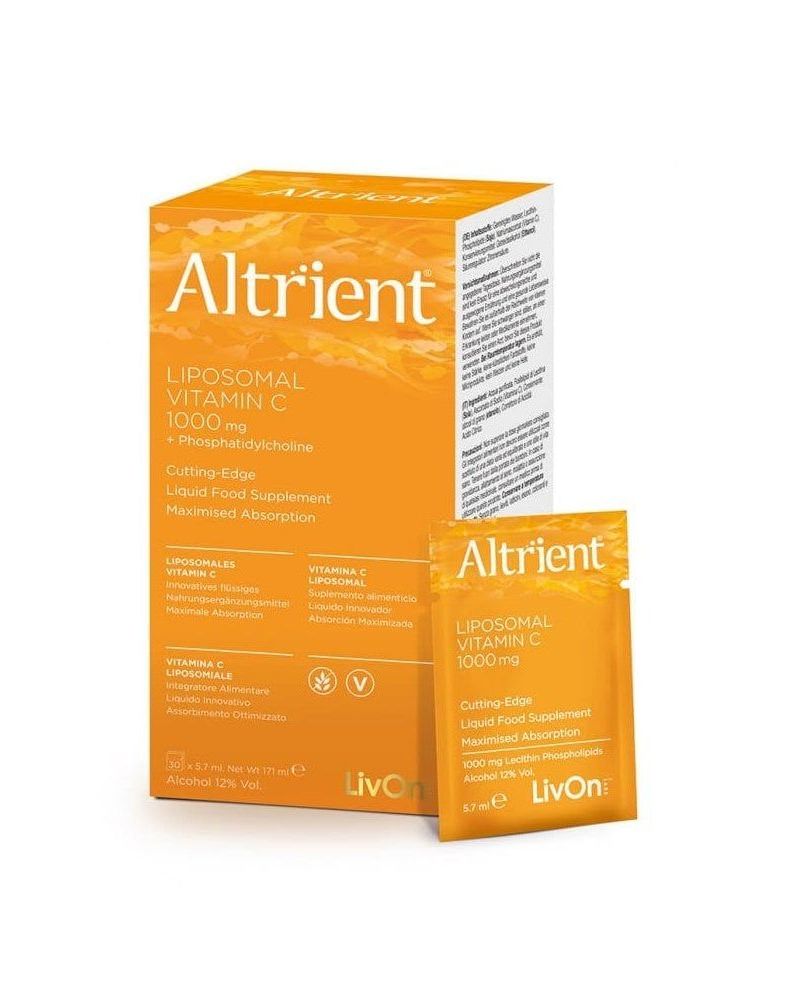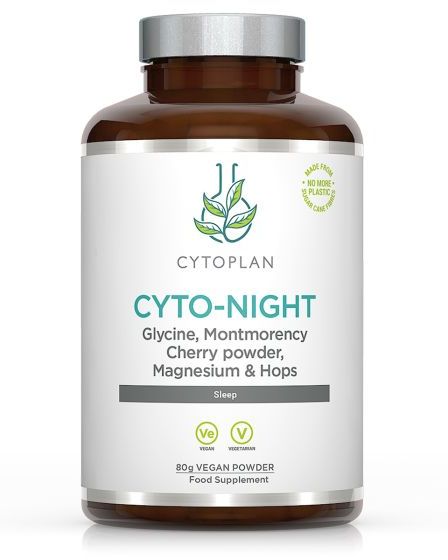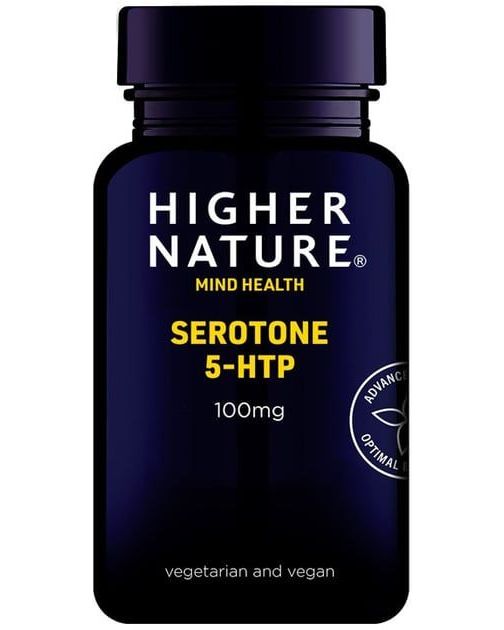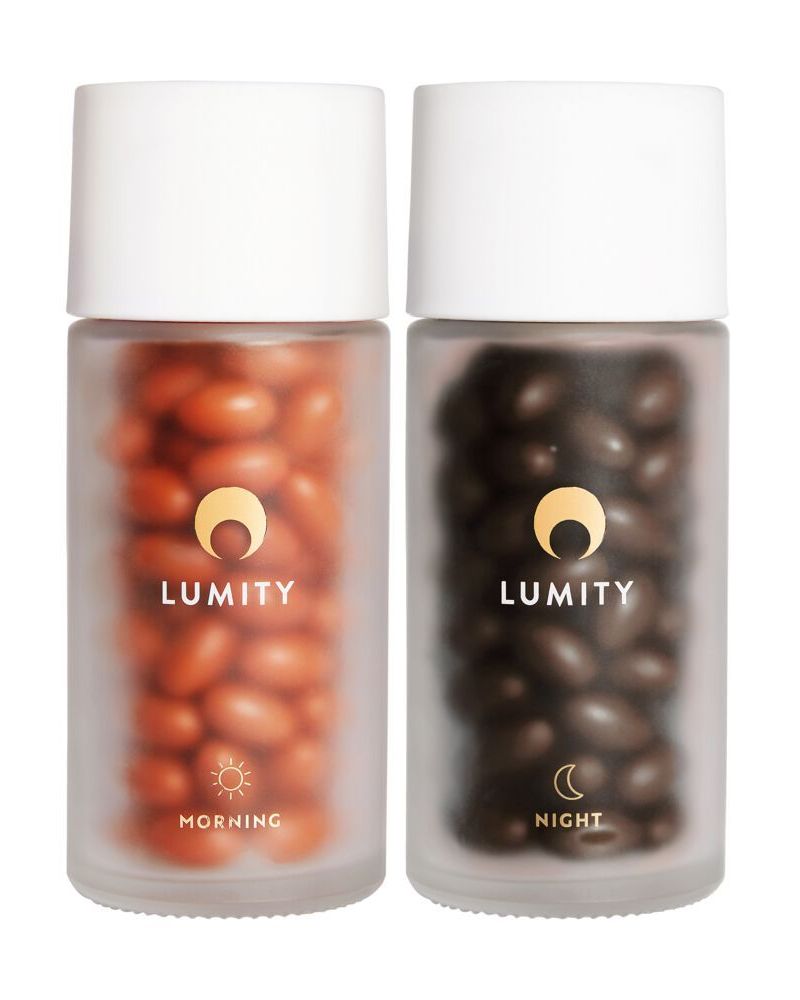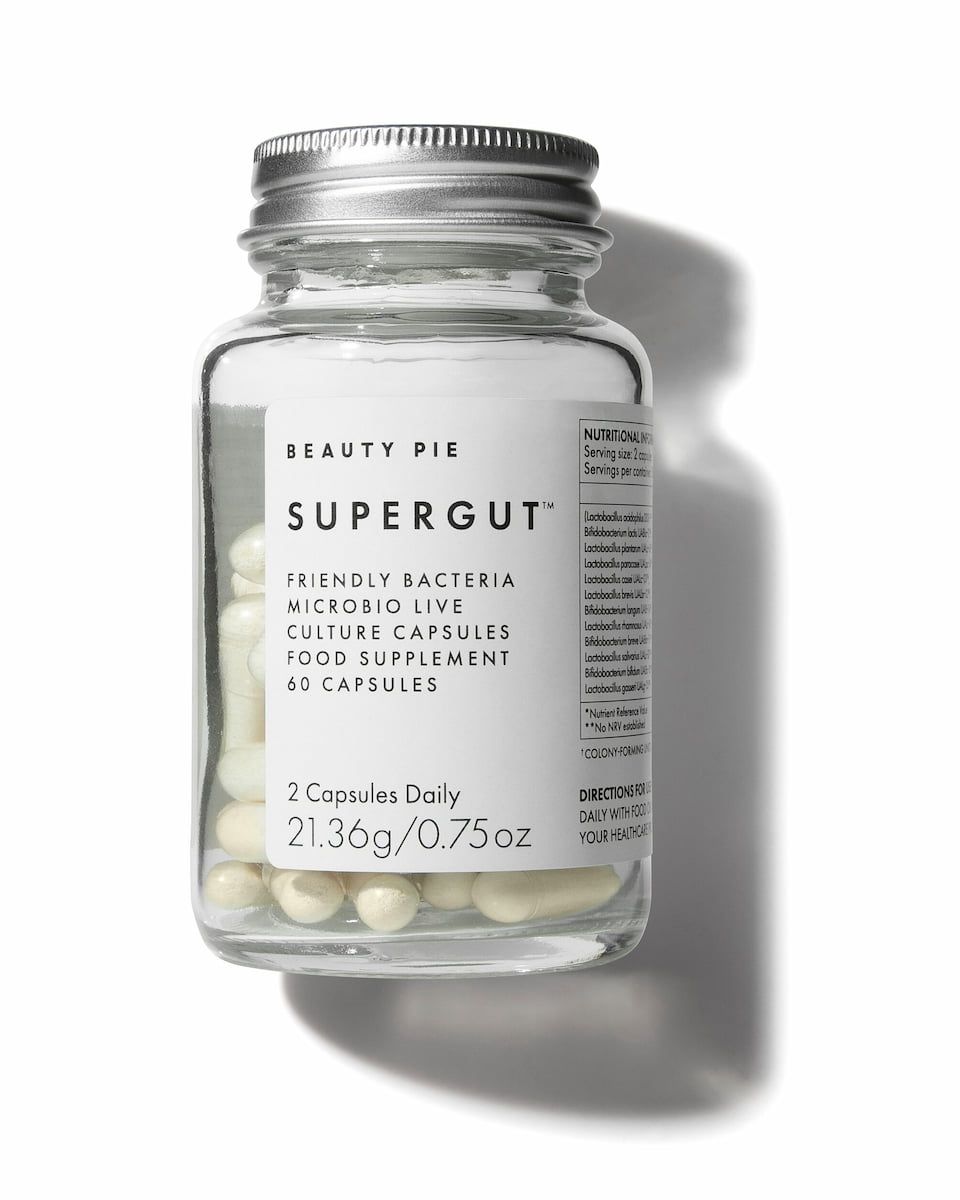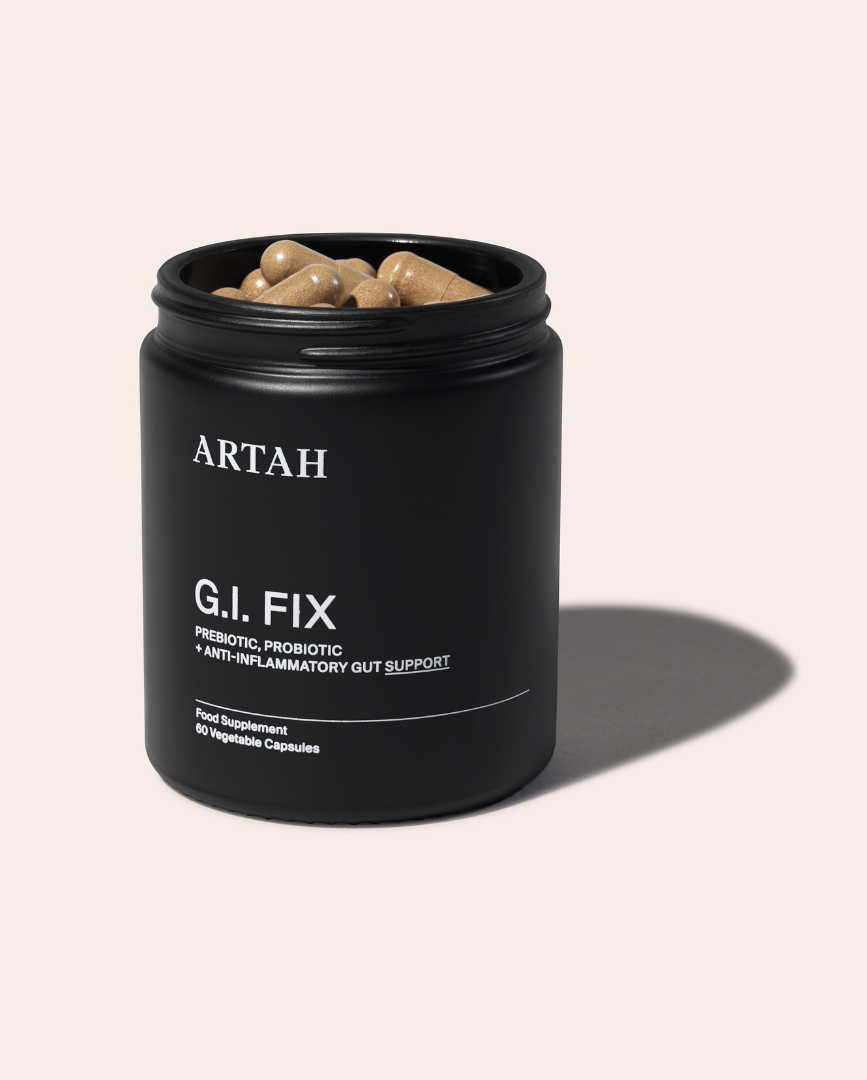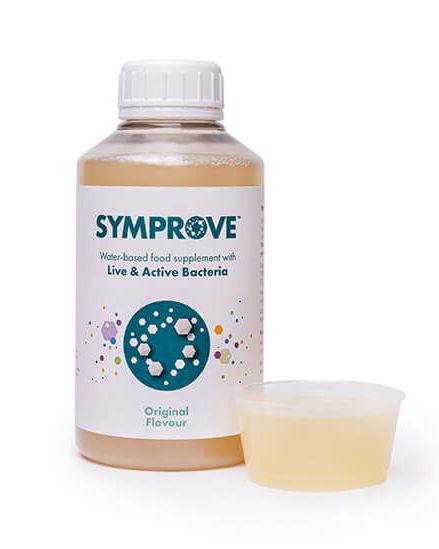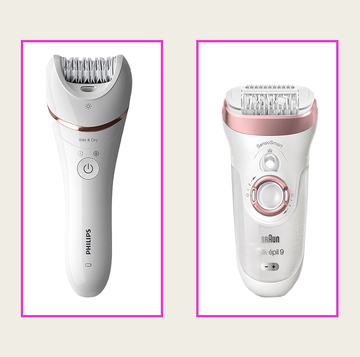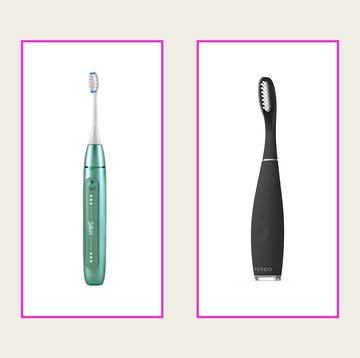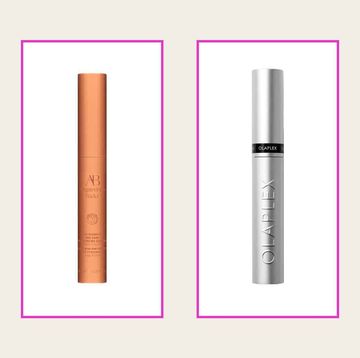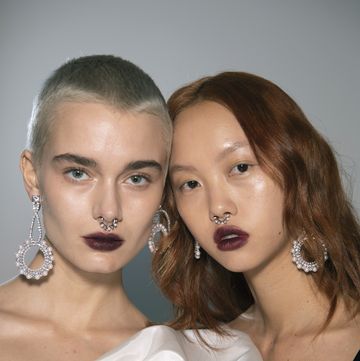Two years ago, I was writing a piece for ELLE for which I had to have a blood test. I didn’t need it, I felt fine, but the feature was about my hormone levels, so in the name of duty I stuck out my arm and let them stick in a needle (harder than it sounds, since I’m venephobic and pass out every time I have blood taken). When the results came back the doctor asked me if I was taking iron supplements (no), vitamin C (no) or even a multivitamin (no). I was a bit alarmed – surely I was meant to be the one asking the questions? ‘Your levels of ferritin [a blood protein that contains iron and indicates how much of it your body stores] are about 20 times higher than normal. I think we should test you for haemochromatosis.’
This chronic disorder results in your body storing too much iron, which can build up in your organs over time, carrying a risk of damage and, ultimately, organ failure. It’s genetically inherited (meaning I was born with it) and in its early stages doesn’t have symptoms. It isn’t uncommon either: it’s thought that 1 in 150 people in England and Wales have it, with many going undiagnosed. Without that fateful blood test I might have gone decades without knowing –most sufferers only find out when it gets bad enough to cause noticeable symptoms. And forgive the dramatics, but if I had ever self-dosed on iron or vitamin C supplements (vitamin C encourages the body to absorb and retain iron), I could have gone into liver failure. It’s one of the reasons I get so frustrated when I meet representatives of supplement brands who tell me I ‘must’ take their product. They don’t know what’s going on inside my body or, for that matter, anyone else’s.
I know mine is an extreme example, but it taught me a valuable lesson in approaching any quasi-medical treatment with caution. Though, with almost 40% of us now taking vitamins or supplements daily, including good old multi-vits, targeted tinctures, liquid probiotics and slumber-inducing gummies, I’m becoming more unusual. The market in the UK is now estimated to be worth £520 million and is predicted to grow by over 10% this year, meaning many of us will be jumping on the bandwagon. In almost all cases, no harm will be done. But, even so, how much of it – if any – do we actually need?
The short answer is, most likely, none, ‘unless you’re suffering from a specific medical condition or are proven deficient in a vitamin or mineral,’ says Dr Shameer Mehta, consultant gastroenterologist and the lead for clinical nutrition at The Royal London Hospital. ‘If you’re following good health principles– a diverse diet, meeting nutritional goals, moving your body – there is no evidence that taking any supplement of any kind is of benefit.’ He adds that of the few studies that have been done, ‘The ones that have any kind of placebo control, which is what you really want to see, show high rates on both sides. When I see patients who are on supplements for no good reason, I have to challenge that.’
There are exceptions: 60% of the UK population is believed to have insufficient levels of vitamin D (essential for immunity and bone health, amongst other things) and there are now government guidelines to say that, in the winter months, all adults should take a vitamin D supplement. For anyone following a vegan diet, supplementing with vitamin B12 is advised, because it’s not available from plants and low levels can cause anaemia and nerve damage. And there are specific medical reasons, too: if you have osteoporosis you might take calcium, or iron for anaemia.
This all sounds like a case for making some space on your kitchen worktop by binning the pill pots, but there is a counter-argument. Yes, we should begetting all of our vitamins and minerals from our food, but with 49% of UK adults saying that money concerns make it harder to follow a nutritionally rich diet, supplements (even after taking their cost into account) can be a cheaper option for reaching your health goals. ‘Supplements should be just that: supplementary to the foods we eat,’ says Kay Ali, a clinical nutritionist and associate member of the Royal Society of Medicine, ‘and even with the best willpower in the world, supporting nutritional gaps in your diet isn’t always easy.
There are lifestyle factors as well as personal likes and dislikes, access to particular foods, time to prepare meals... This is where supplementation can be really helpful.’ Taking a well-formulated multivitamin, she adds, can ‘help establish a daily baseline that supports a balanced and varied diet,’ although they shouldn’t be seen as a magic wand– nutrition via whole foods should always take precedence. But even if you are getting your five a day, it might be that you’re looking to ‘level up’, especially when it comes to improving things like sleep, skin and stress levels.
‘Supplements are not the enemy,’ Dr Mehta says, ‘but I’d always advocate for people to be really clear about what they’re hoping to achieve. Be aware of the pros and cons, and spend some time researching.’ The placebo effect isn’t to be dismissed either. If you believe that your ‘Happy Healthy’ pot of pills is making you happier and healthier, and none of its ingredients are actively bad for you, no harm no foul.
‘We’re all biochemically unique,’ concludes Ali, ‘therefore, just because a supplement isn’t right for another individual, it doesn’t mean you won’t achieve results. If supplementation is carefully considered, with all advice taken into account, it could be transformative to your health.’
The Supplement Families
Whether it's for a happier stomach or deeper sleep, here is what you need to know when sifting through what's on offer...
Stopping the sneeze
Even if you’re not ‘into wellness’, you will be familiar with the bare bones of vitamin supplementation (i.e. trying to stave off a cold by eating three satsumas). But when it comes to staying well, will a daily multivitamin really cut it?
‘Often, we blame germs for causing our illness, rather than addressing weaknesses in our immune system,’ says pharmacist Shabir Daya, the co-founder of Victoria Health. ‘When researching immunity supplements, the key ingredients to look out for are vitamin D3, vitamin C, zinc and vitamin A.’
If you feel your immune system isn’t at its best but aren’t sure where to begin, your first step should be obtaining a simple blood test from your GP; this can help them identify any deficiencies, Daya says. He recommends opting fora quality targeted supplement that covers the essential nutrients, as well as adding a probiotic. ‘The health of our gut is the cornerstone to our wellbeing, so I always advocate that for our overall benefit.’
And... Relax
For better sleep and dialling down stress levels, experts agree that lifestyle choices such as limiting screen time, reducing caffeine intake and incorporating regular exercise will make the most difference. But, says nutritional therapist Lucy Miller, ‘a supplement could provide beneficial results for when you need extra support during busier or more stressful times.’
Melatonin, the hormone responsible for the body’s sleep-wake cycle, is available on prescription to alleviate short-term sleep difficulties; magnesium helps support the nervous system; while glycine is an amino acid that encourages serotonin production for a good night’s sleep. Miller’s go-to bedtime supplement, Cytoplan Cyto-Night, contains the latter two and Montmorency cherry ,a natural source of melatonin. She’s also a fan of Higher Nature Serotone5-HTP. ‘It provides the natural amino acid 5-HTP, which helps to support the production of the neurotransmitters important for improving rest.’
Continuous periods of high stress can affect the skin, stomach and hair, which is why The Nue Co.’s CEO and founder Jules Miller recommends taking a pro-biotic supplement, ‘To ensure that you’re maintaining a balance of good bacteria in the gut, thus protecting against potential inflammation.’ Adaptogens such as ashwagandha are said to be helpful for moderating the body’s physical and physiological response to stress. The plant is widely used in Ayurvedic practices and, although clinical research is still in early stages, the results do look promising.
Gut feelings
Supplements to aid good gut health, or probiotics, are one of the biggest areas of the wellness sector, with #guthealth reaching over 3.2 billion tags on TikTok. Keeping your gut bacteria in balance impacts the quality of your digestion, immune system and even mood. In fact, a good probiotic could address some issues you’re trying to fix with other supplements. ‘You want to address the root of imbalances,’ says Rhian Stephenson, a qualified nutritionist, naturopath, fitness expert and founder of Artah Health, a programme that includes retreats, meal plans and – you guessed it – supplements. ‘Our gut health is essential for everything, so it’s one of the most important places to start.’
What you do want in your product is a high quantity of colony-forming units, which indicates the number of bacterial cells in a dose (at least a billion is recommended), and certain strains of bacteria (lactobacillus, bifidobacterium, bacillus and saccharomyces boulardii are among the most researched). ‘There are a number of probiotics that don’t get past the stomach,’ warns Dr Mehta, ‘which won’t cause any harm, but it means they’re essentially inert.’
Most experts that gummies should be avoided, as they will contain sugar or sugar substitutes that may counteract the effects or could increase inflammation. ‘I’d bet good money that you’d obtain more beneficial nutrients with similar doses of sugar from indulging in a slice of cake,’ says Kay Ali.
Good skin from within
If you are a seasoned skincare shopper or have simply ever uttered the word ‘beauty’, chances are high the multibillion-dollar collagen industry will have hijacked your algorithm and tried to tout its wares to you.
At first glance, it seems to make sense. From our mid-twenties, natural levels of collagen in the body start to decline – so much so that by 30 we will have lost up to a third. And since collagen is one of the major building blocks in our body, responsible for healthy connective tissues between muscles, bones, joints and – of course – skin, topping up levels of this crucial protein sounds like a beauty no-brainer.
However, you’ll quickly discover that not all collagen is created equal. Classified as a food and operating within a still-unregulated industry, this group of supplements can make big claims with little to no clinical data to back them up. Which is crucial when, as with collagen, you’re dealing with a substance both volatile and fragile, and incredibly hard to get into our bloodstream.
If it comes in an encapsulated and protected form, collagen peptide is far better placed to make the long journey through our gut and bypass our stomach’s acid (where it might otherwise by broken down) to reach our small intestine intact, where it is then absorbed and used effectively.
There is strong data to suggest that taking a clinically-backed collagen supplement regularly can boost not just your skin, hair and nails, but also joint health and exercise performance, as demonstrated in studies by Ingenious Beauty. But if a brand has no clinical back-up for its claims, no amount of celebrity endorsements or online offers can makeup the shortfall. As with all beauty booms, truth lies somewhere within the collagen industry, but for now it is up to the consumer to find the real juice.
